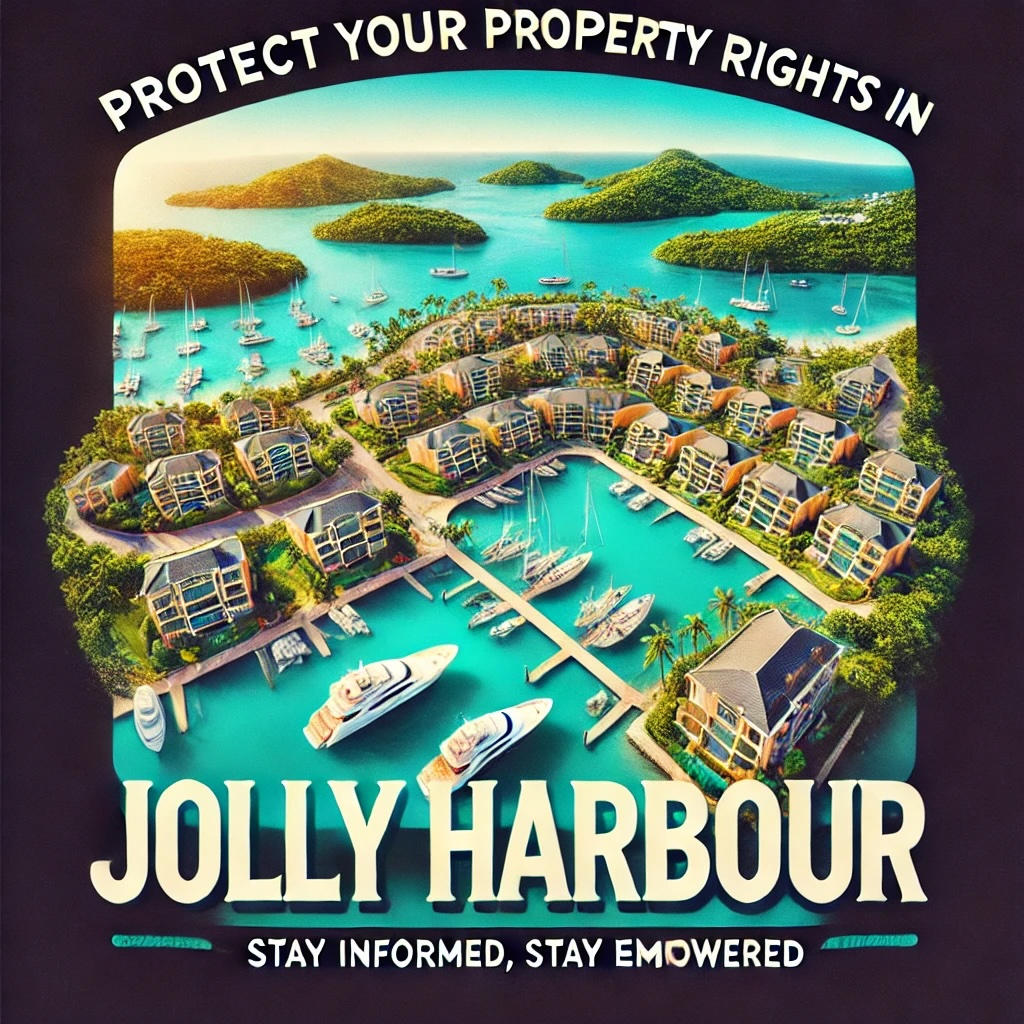Jolly Harbour, once lauded as a premier development on Antigua's southwest coast, faces mounting unrest from property owners. Caribbean Developments (Antigua) Ltd. (CDAL), the entity supposedly responsible for maintaining critical infrastructure, has drawn fierce criticism—and, increasingly, legal challenges—for its alleged negligence and unlawful tactics. The prospect of numerous lawsuits is no longer hypothetical: multiple freeholders have begun exploring claims for damages related to lost rental income, lowered property values, and the disregard of standard insurance or reserve requirements, all pointing toward a potential legal avalanche that threatens Jolly Harbour's overall stability.
📄 Full Article Access
To access the complete article: Contact legal -at- jollyharbour -dot- org with your property details to receive the full content.
